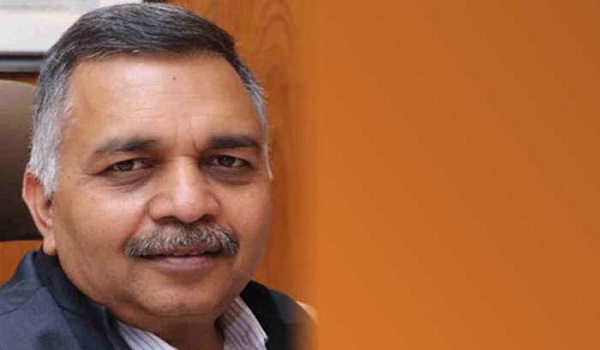In the last three decades, India’s food sector, a complex landscape of small to large-scale firms involved in production, processing, supply, and distribution, has seen a substantial transition. India, formerly a food-deficient country, has converted itself into a self-sufficient food-producing country. However, the path to securing food security remains laden with difficulties.
A recent Food and Agriculture Organisation analysis throws light on a troubling element of this success. According to the research, more than 74% of Indians cannot afford a nutritious diet. The average Indian diet is deficient in critical nutritional components such as fruits, vegetables, and legumes, indicating continuing food security challenges.
In an interview with the media, Pawan Agarwal, former CEO of the FSSAI, highlighted the specific issues given by India’s mostly informal food sector. Unlike in the West, a large percentage of India’s food production, processing, and distribution takes place in the informal market. Agarwal emphasized that managing food safety and cleanliness in this context is fraught with difficulties.
Agarwal, a seasoned IAS officer and the Founder and CEO of Food Future Foundation (India), emphasized the importance of taking a unique strategy to solving these difficulties. While recognising some success in implementing such a method, he pointed out that it hasn’t entirely addressed concerns of food safety, cleanliness, and cases of adulteration in the overseas market.
Agarwal’s recommended approach included consumer education and awareness as crucial components. He emphasized the responsibility of customers in discovering and protesting against contaminated items, implying that such difficulties are manageable. He did, however, acknowledge the widespread preference for taste above health in meal selections, particularly when eating potentially harmful but flavourful options.
Agarwal emphasised the need of developing incentives for many stakeholders to promote healthier food alternatives in response to this taste-centric market shift. He proposed that marketing efforts be aimed at boosting the use of healthier foods.
Agarwal also advocated for the implementation of a food-based education programs in schools. He believes that cultivating self-awareness about one’s dietary choices is critical, and that individuals must take responsibility for building good eating habits. He emphasized that creating good eating habits begins with food literacy and self-awareness, and that neither physicians nor dietitians can replace the necessity of personal responsibility.


